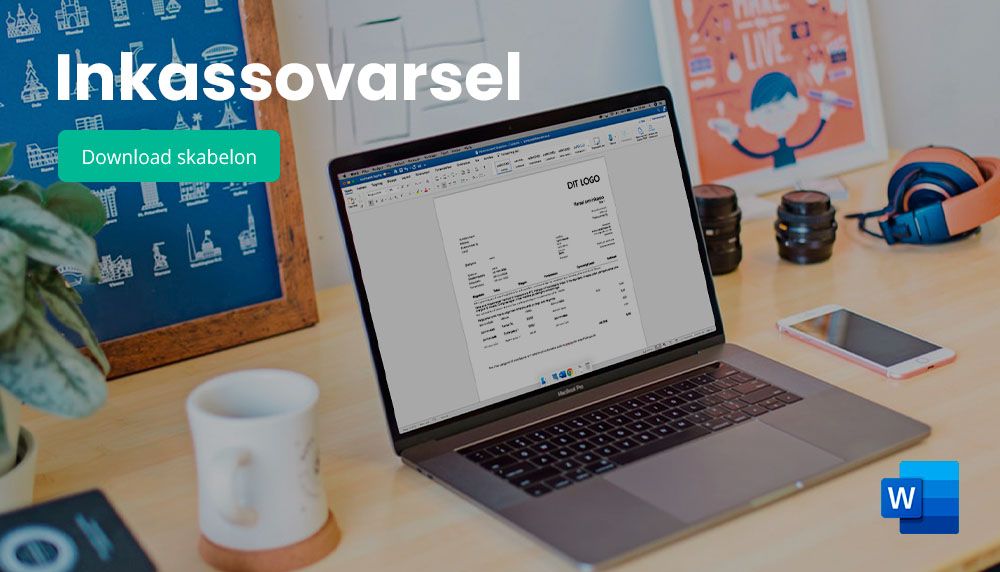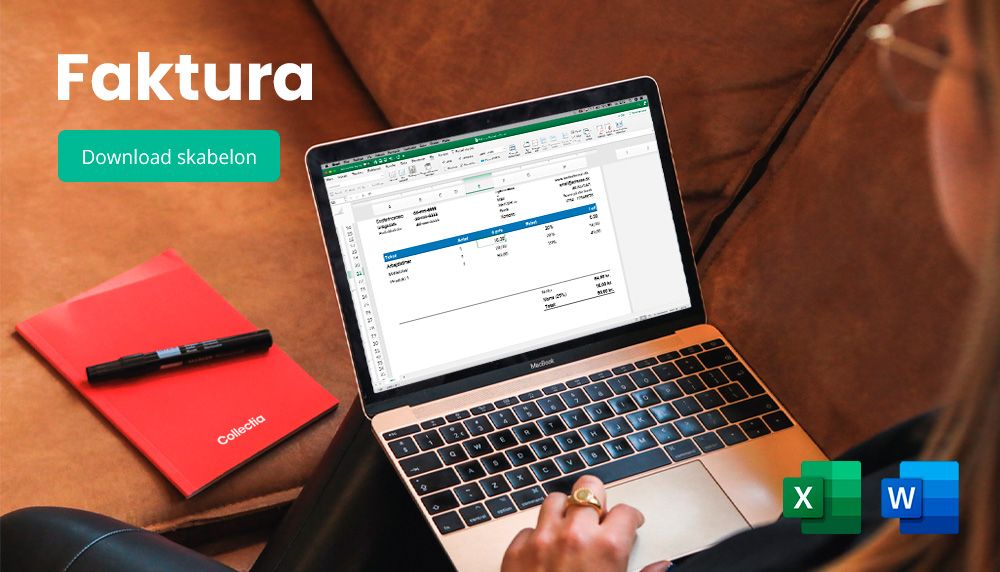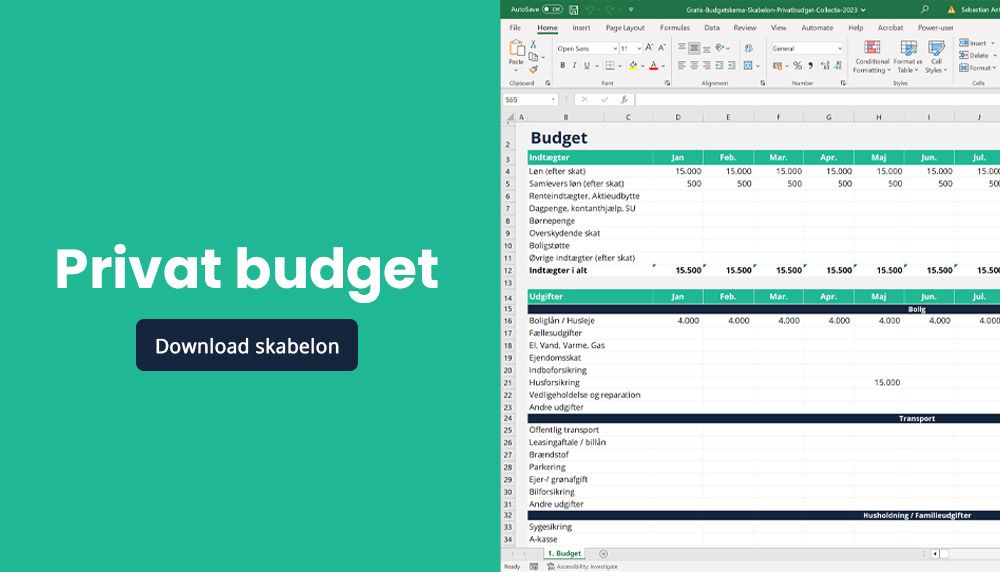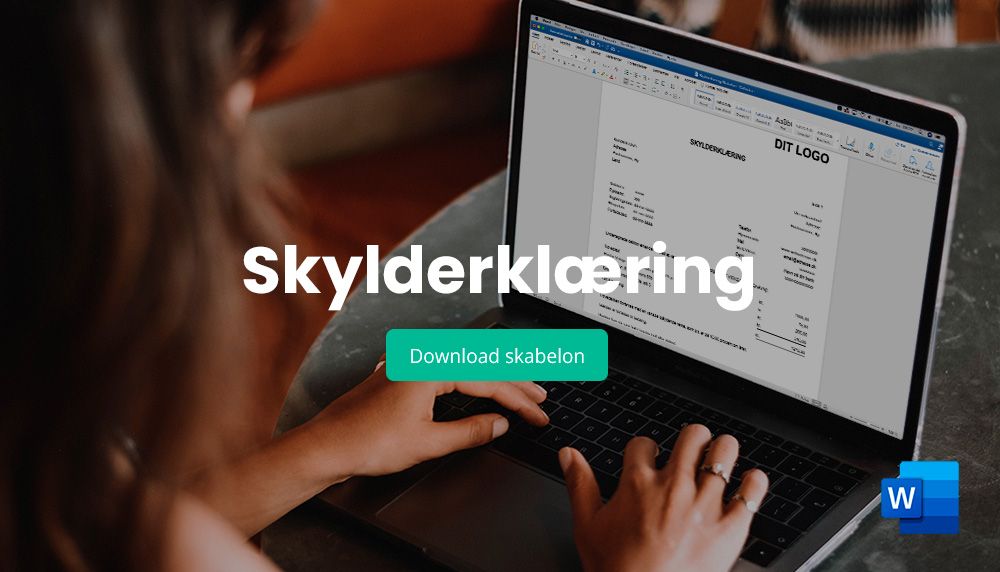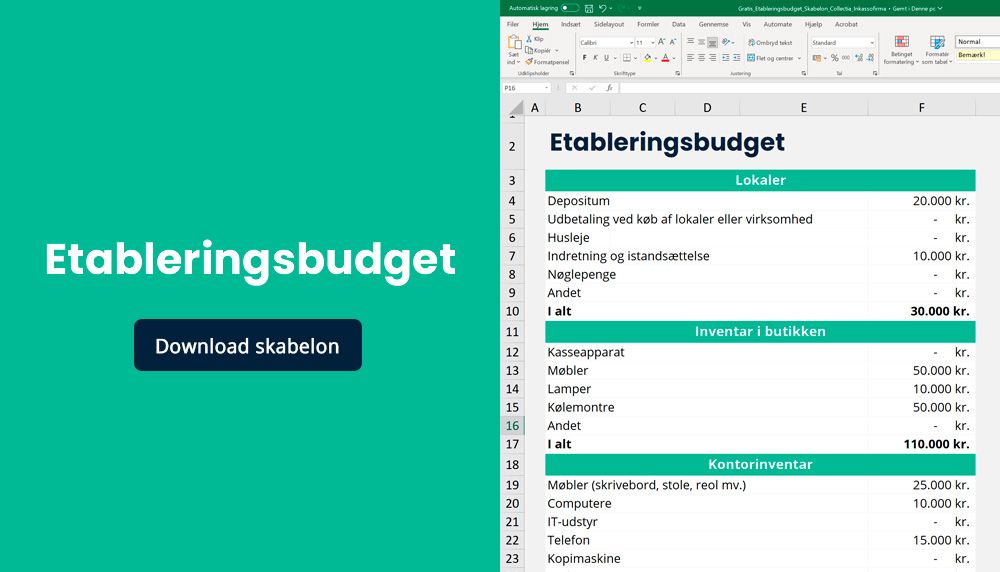
Compensation fee
Compensation fee is a fee that you have the option to attribute to the unpaid invoices of your B2B customers.
What is a compensation fee?
The compensation fee is a fee you can impose on your business customers to cover part of the extra costs you (the creditor) incur when a debtor fails to pay their invoices.
The compensation fee has basically nothing to do with a reminder fee, but may be imposed together with the reminder fee or simply as a separate fee.
The possibility of the compensation fee came on March 1, 2013, when the Danish Interest Act endorsed the EU Directive 2011/7/EU of February 16, 2011 on combating late payment in commercial transactions.
How much can you charge in compensation fees?
The European Union and the Danish Ministry of Justice have set the compensation fee at 40 euros, i.e. 310 kroner.
The legislation sets the 310 DKK as a maximum amount, in other words, it is possible to impose a smaller compensation fee than the 310 DKK.
From whom may the creditor collect the fee - and when may the compensation fee be imposed?
The creditor may only impose the compensation fee on its business customers, i.e. in the case where two companies trade with each other, also known as B2B trade.
In other words, private individuals may not be charged the compensation fee. In this case, it is only possible to charge the usual interest and reminder fee.
The compensation fee may be applied when the invoice is overdue and may be applied together with the reminder letters (both with and without reminder fees).
How does the compensation fee affect my reminder fees?
The compensation fee does not affect your reminder fees, interest or other collection costs, as the compensation fee should be seen as a separate fee.
Read also:

